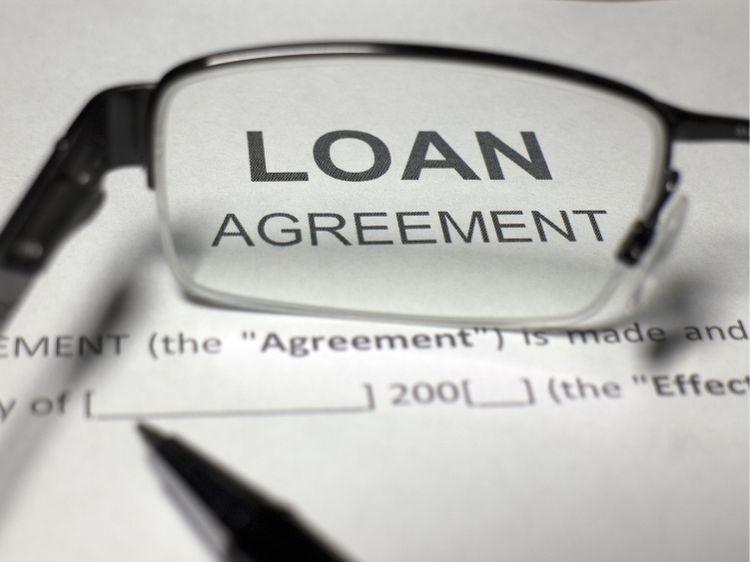Buying a car is one of the most exciting milestones in life. But let’s face it—not everyone has the cash ready to make that purchase outright. That’s where car loans come into play. Whether you’re eyeing a brand-new SUV or a reliable used sedan, car loans can help you hit the road without draining your bank account. In this article, we’ll explore everything you need to know about car loans, from their benefits to tips on snagging the best deal.
What Are Car Loans?
A car loan is a type of financing that allows you to borrow money from a lender to purchase a vehicle. You agree to repay the loan over time, typically in monthly installments, plus interest. Sounds straightforward, right? But hold on—there’s more to it than meets the eye.
Key Features of Car Loans:
- Loan Term: Typically ranges from 36 to 72 months.
- Interest Rate: Can be fixed or variable, depending on the lender.
- Down Payment: Usually required upfront to reduce the loan amount.
- Collateral: The car itself serves as collateral, meaning the lender can repossess it if you default on payments.
Types of Car Loans
When it comes to car loans, one size doesn’t fit all. Here are the most common types:
1. Secured Car Loans
Secured loans use your car as collateral. These loans typically offer lower interest rates since the lender has less risk.
2. Unsecured Car Loans
Unsecured loans don’t require collateral, but they come with higher interest rates and stricter eligibility criteria.
3. New Car Loans
Designed specifically for brand-new vehicles, these loans often come with competitive interest rates and flexible terms.
4. Used Car Loans
If you’re buying a pre-owned vehicle, used car loans are tailored for you. However, they might have slightly higher interest rates compared to new car loans.
5. Refinance Car Loans
Already have a car loan but struggling with high payments? Refinancing can help you secure a lower interest rate or extend the loan term.
How to Qualify for a Car Loan
Getting approved for a car loan isn’t rocket science, but it does require some prep work. Here’s what lenders typically look for:
1. Credit Score
A higher credit score can unlock better interest rates. Aim for a score of 700 or above for the best deals.
2. Income Verification
Lenders need proof that you’re capable of repaying the loan. Be prepared to show pay stubs or bank statements.
3. Down Payment
The more you can pay upfront, the less you’ll need to borrow. A 10-20% down payment is usually a good starting point.
4. Debt-to-Income Ratio (DTI)
Your DTI shows how much of your income goes toward debt. A lower DTI increases your chances of approval.
Tips for Securing the Best Car Loan
Want to save big on your car loan? Follow these tips:
- Shop Around: Don’t settle for the first offer. Compare rates from banks, credit unions, and online lenders.
- Improve Your Credit Score: Even a small boost can lower your interest rate significantly.
- Negotiate: Don’t be afraid to haggle over the loan terms and interest rates.
- Consider Loan Pre-Approval: Getting pre-approved simplifies the buying process and gives you better bargaining power at the dealership.
- Choose the Right Loan Term: While longer terms lower monthly payments, they increase the total interest paid over time.
Pros and Cons of Car Loans
Pros:
- Immediate Ownership: Drive your car right away without paying the full price upfront.
- Flexible Terms: Choose a loan term that fits your budget.
- Credit Building: Timely payments can boost your credit score.
Cons:
- Interest Costs: You’ll pay more than the car’s actual price due to interest.
- Depreciation: Your car’s value decreases over time, but your loan amount doesn’t.
- Repossession Risk: Defaulting on payments can result in losing your car.
Frequently Asked Questions (FAQs)
1. What’s the average interest rate for car loans?
Interest rates vary based on credit score, loan term, and lender, but they typically range from 3% to 10%.
2. Can I get a car loan with bad credit?
Yes, but you might face higher interest rates. Some lenders specialize in bad-credit car loans.
3. Is it better to lease or finance a car?
Leasing offers lower monthly payments but doesn’t give you ownership. Financing is better if you want to own the car long-term.
4. Can I pay off my car loan early?
Most lenders allow early payments, but some might charge a prepayment penalty. Check the terms before signing.
5. How much should I put down on a car loan?
A down payment of 10-20% is ideal to lower your loan amount and interest costs.
Summary
Car loans make owning your dream car a reality, even if you don’t have the cash upfront. By understanding the types of loans, qualifying criteria, and tips for securing the best deal, you can drive away without breaking the bank. Remember to shop around, negotiate, and choose a loan that aligns with your financial goals.
Authoritative Links
- Federal Trade Commission: https://www.ftc.gov
- Consumer Financial Protection Bureau: https://www.consumerfinance.gov
- Kelley Blue Book: https://www.kbb.com

